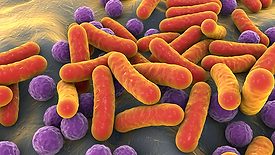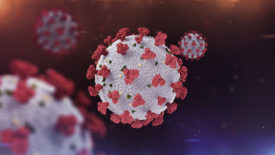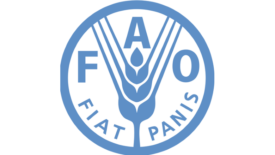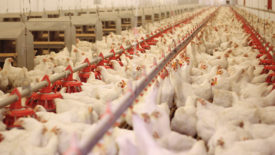Microbiological
Outbreak Investigations of Cyclospora cayetanensis Infections 2013–2020: Progress Made and Challenges Remaining
Recurring outbreaks of cyclosporiasis underscore the need for a comprehensive understanding of how Cyclospora cayetanensis contaminates water and produce
Stelios Viazis Ph.D.
Fazila Shakir M.H.S.
Anne Straily D.V.M.
Adrienne Goodrich-Doctor Ph.D.
Jeffery L. Sumter Dr.P.H.
Socrates Trujillo Ph.D.
April 20, 2022
Reformulation Challenges with Functional Ingredients in Packaged Meat Products
Sodium alternatives for packaged meat products face challenges with reformulation, shelf life, and food safety and quality
April 19, 2022
BIZTRACKS
AOAC-Certified Pathogen Enrichment Kits Provide Results in Six Hours
April 15, 2022
Never miss the latest news and trends driving the food safety industry
eNewsletter | Website | eMagazine
JOIN TODAY!Copyright ©2025. All Rights Reserved BNP Media.
Design, CMS, Hosting & Web Development :: ePublishing










